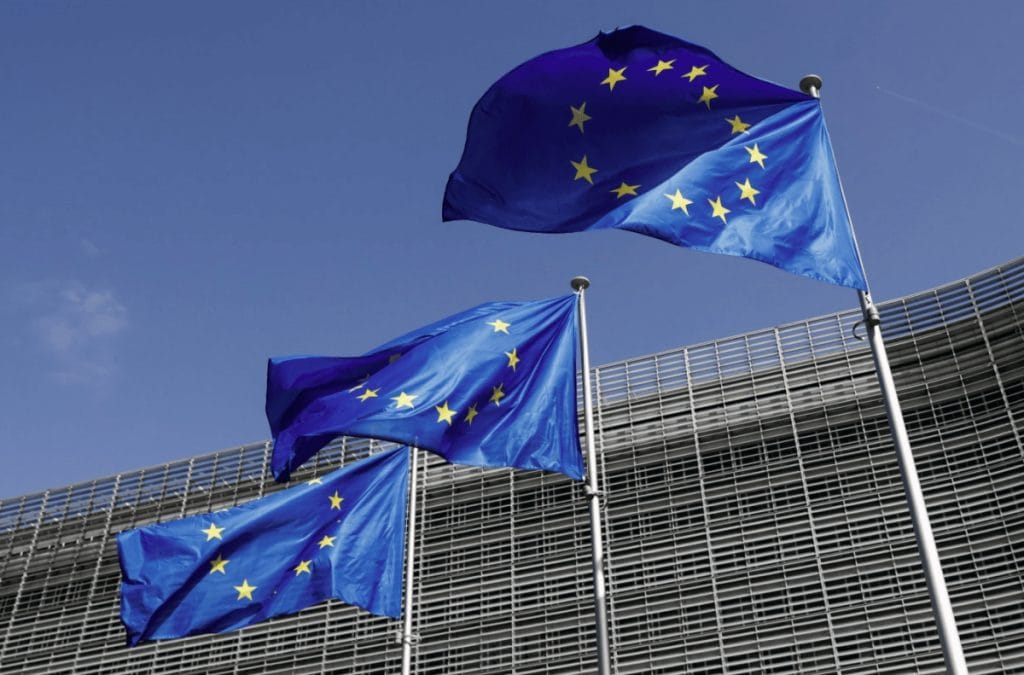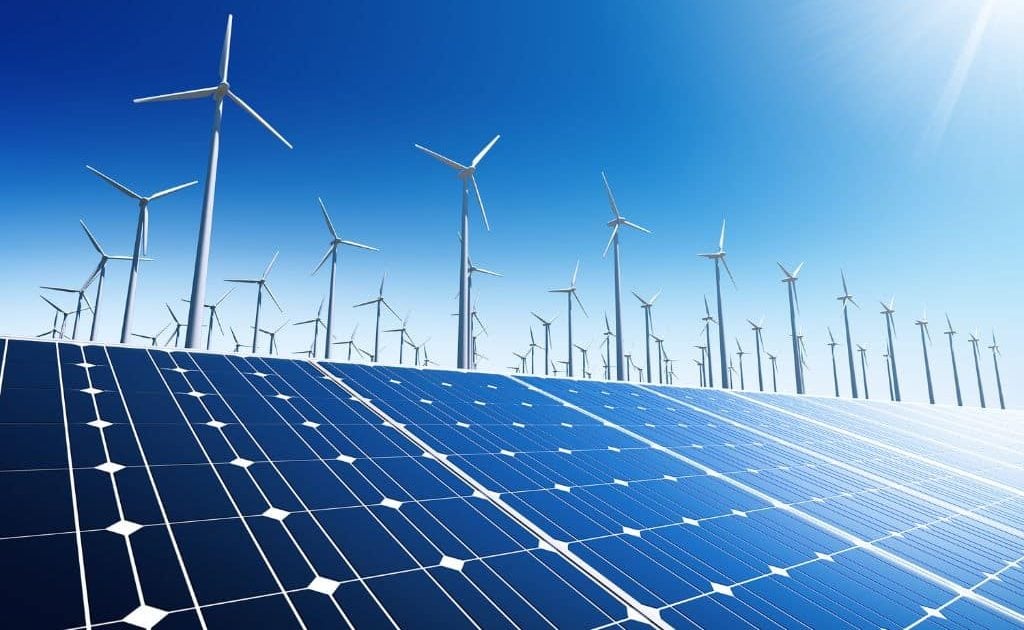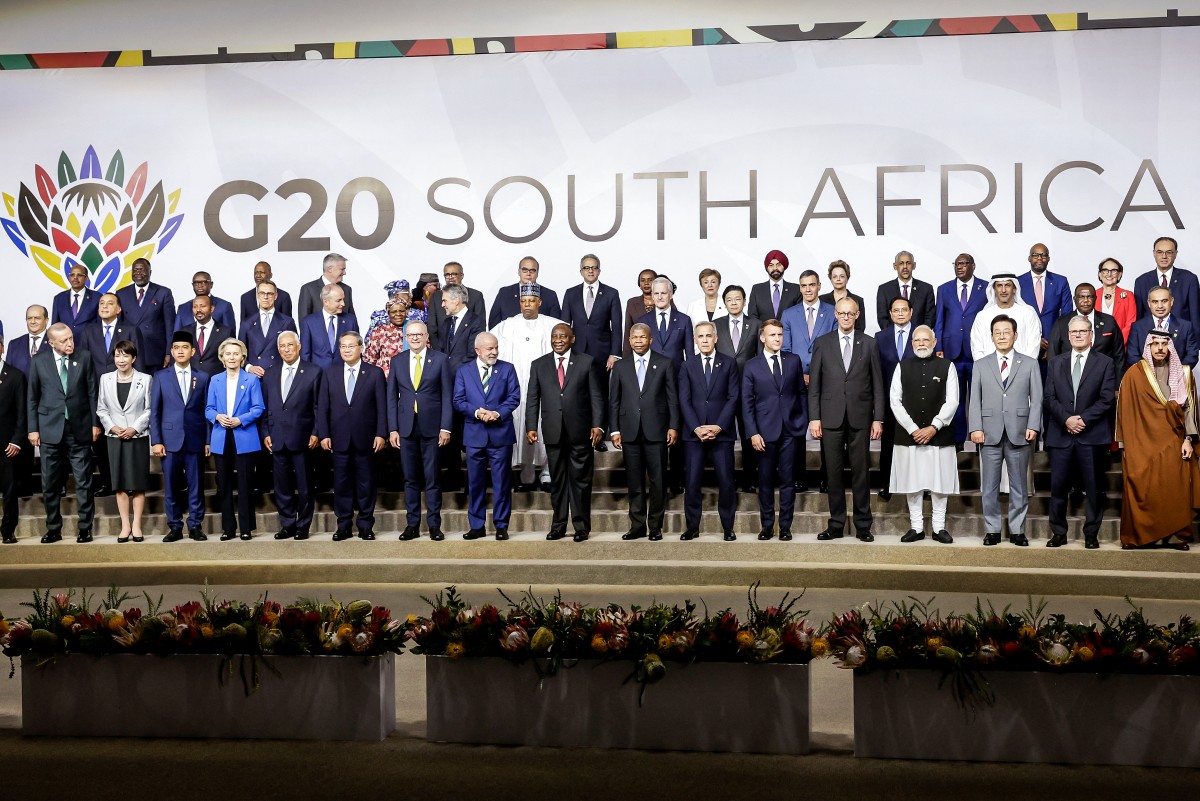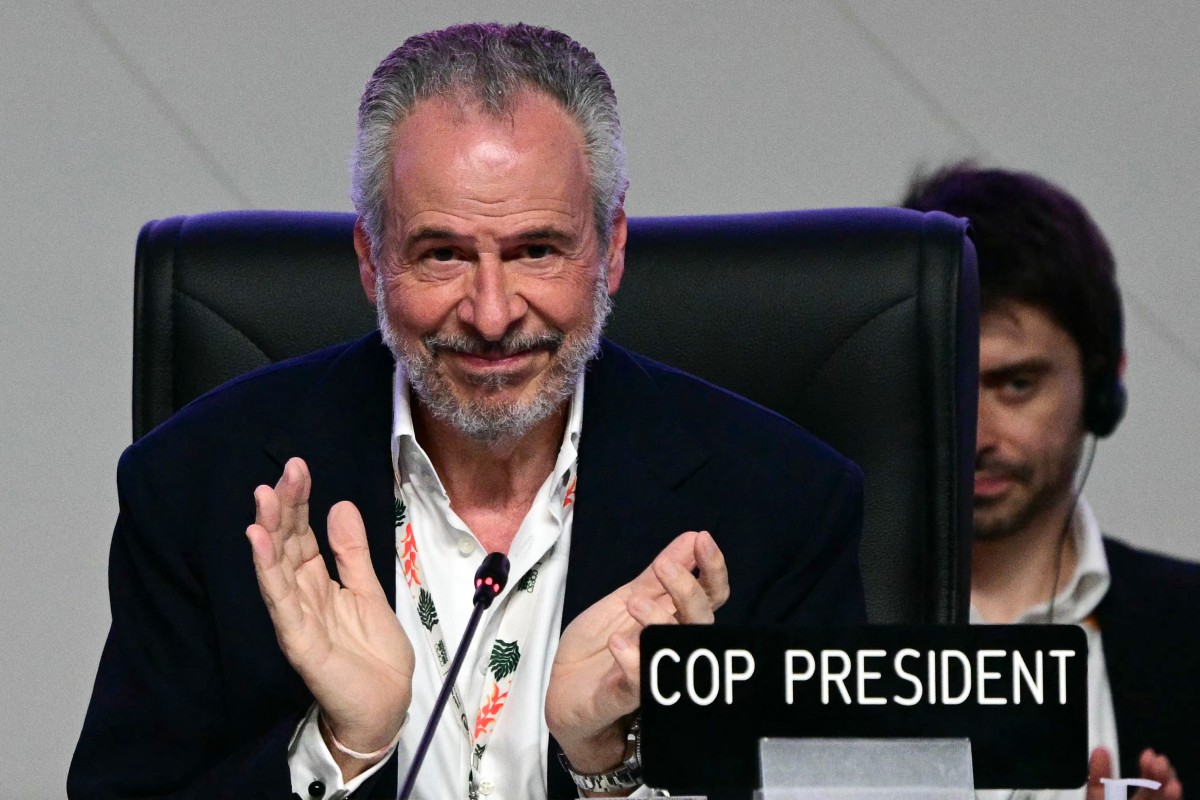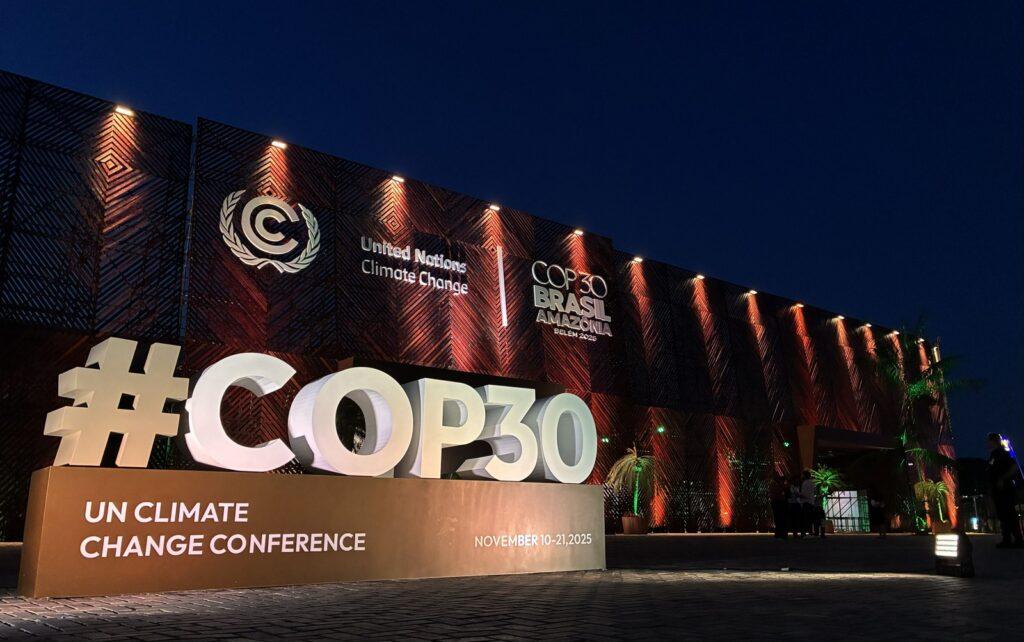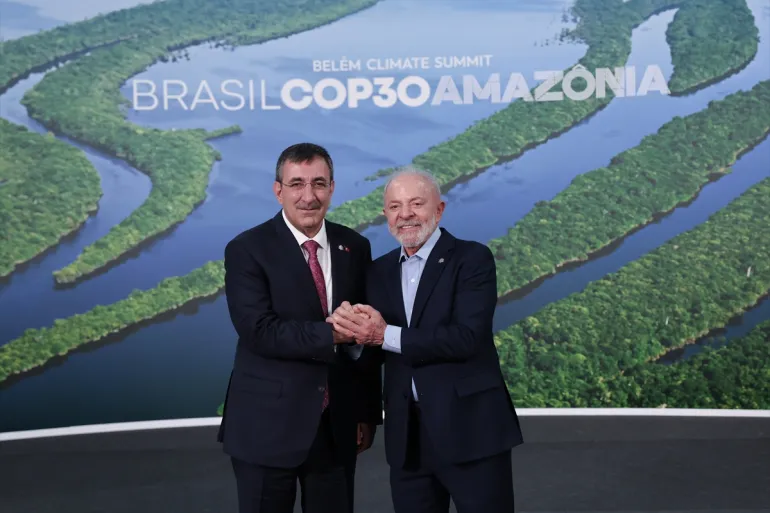Renewables |Climate & Sustainablity
Nigeria, California Ink Five-Year Clean Energy Pact at COP30
Nigeria and the US state of California have signed a five-year MoU at COP30 to deepen cooperation on clean technology, renewable energy, climate adaptation, and low-carbon development.

Nigeria and the US state of California have entered a five-year memorandum of understanding (MoU) to strengthen collaboration on clean technology, renewable energy, and sustainable development.
The agreement was signed on the sidelines of the ongoing UN COP30 climate summit in Belém, Brazil. It focuses on several priority areas, including sustainable urban transport, green ports, low-carbon fuels, greenhouse gas reduction, methane detection and abatement, climate adaptation, and improved air quality.
The partnership also provides for academic exchanges and university collaborations aimed at expanding knowledge sharing, technology transfer, and joint innovation across clean energy, aviation, and other emerging sectors of the green economy.
Tenioye Majekodunmi, director-general of the National Council on Climate Change (NCCC), who represented Nigeria at the signing, said the pact reflects the country’s readiness to attract global investment and accelerate climate-smart development.
“This MoU with California is about collaboration, technology transfer, and building sustainable partnerships,” Majekodunmi said. “It shows that Nigeria is ready for climate business and committed to identifying opportunities that strengthen our economy while building resilience.”
Majekodunmi added that negotiations leading to the agreement began earlier this year following a visit to Nigeria by a California delegation. She said the partnership aligns with President Bola Tinubu’s renewable energy priorities and Nigeria’s broader efforts to diversify its energy mix.
“We recognise our fossil dependence, but we’re taking deliberate steps toward a sustainable energy transition,” she said. “This agreement marks a step toward cleaner, more resilient growth.”
Gavin Newsom, governor of California, said the collaboration reinforces the state’s longstanding role in global climate leadership. While acknowledging that California’s engagement with Africa has been limited in the past, he said the agreement signals a renewed commitment to subnational diplomacy.
“We’re now the world’s fourth-largest economy because we recognise that we’re a universal state. We don’t just tolerate our diversity, we celebrate it,” Newsom said. “This agreement underscores how important Africa is to us. Even with gaps in national leadership, California continues to act at the subnational level. We’re a stable, reliable partner — and there’s no politics when it comes to building a low-carbon future.”
He added that public support for California’s clean energy transition remains strong, noting that “three-quarters of Californians” back the state’s climate policies.
Toks Omishakin, California’s transportation secretary, who signed on behalf of the state, described Nigeria as “a hub of trade, technology, and innovation”, adding that California is honoured to partner with the country on a shared vision of a cleaner, more connected future.
The signing took place amid tense global climate diplomacy. Earlier this year, US President Donald Trump told the UN General Assembly that climate action was a “con job” and subsequently declined to send a senior federal delegation to COP30, following his withdrawal of the US from the Paris Agreement.
Related Stories
Sign up for Energy in 60 seconds.
Get the latest news, expert analysis, and industry insights delivered straight to your inbox. Join thousands of professionals shaping the future of energy.
By submitting my information, I agree to the Privacy Policy and Terms of Service.
